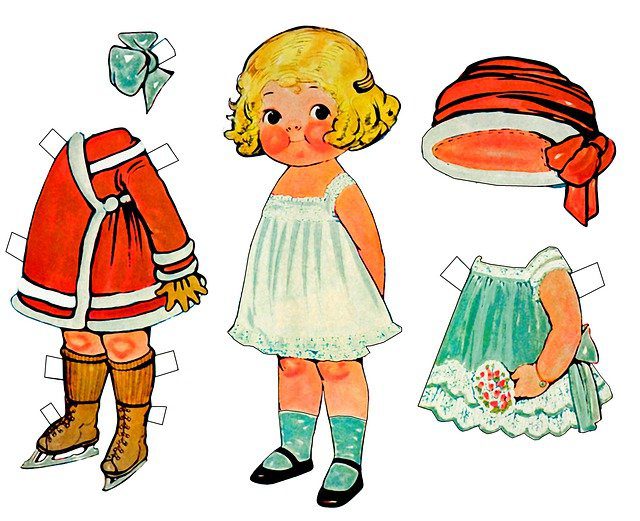
As we learned yesterday, the discourse on social media is about modesty again.
Specifically, it’s some pastor telling women that they’re responsible for making their brothers sin by dressing in the wrong way. So I’d like to go over a few basic facts about what sin is, and who is responsible for whose sin.
First of all, sin is a choice.
Sin cannot not be a choice. If you had no choice, then you’re not guilty of a sin.
If you do have a choice and you choose to do something that breaks a commandment and hurts yourself and others, you sin. But nothing someone else does can be your sin.
If a mad scientist implanted your brain with microchips that made you respond to a remote control, and then remote controlled your body into breaking into a bank vault and taking out the cash, you wouldn’t be a thief. The mad scientist would. You didn’t have a choice and they did.
If a giant picked you up by the ankles and used you as a bludgeon to hit somebody else, you would not be an assailant. The giant would. You didn’t choose to be used in that way and they did.
If a rapist rapes you, you’re not guilty of rape. Rape is always the rapist’s choice and the rapist’s fault.
And here’s something else: if you choose to look on another person with lust, that’s your fault. It’s always your fault. It’s not something someone else did to you.
It’s not your fault, nor is it a bad thing, if you notice that somebody is beautiful and attractive. People are beautiful. Bodies are attractive. We can thank God for that. And you haven’t done anything wrong if noticing a beautiful, attractive person makes you feel excited. You haven’t done anything wrong if you find yourself in a particularly racy situation and your organs start to feel funny. There’s nothing bad or sinful about feeling sensations in places that God designed to feel sensations. That’s just something that happens. None of those are sins.
But if you choose to objectify that person, that’s where sin comes in. And it’s your choice.
If you sit there and encourage yourself to think about that person as nothing but a sex object to make your organs feels tingly, that’s your choice. It’s not something they did to you. You did that. And what that person was wearing doesn’t determine whether you did or not. You can fantasize about a woman in a floor-length dress and mantilla. People often do.
If you meditate on that person’s beautiful body and what you’d like to do to it if only you dared, whether they wanted or not, until you feel dirty and like you have to go to confession, that’s your sin. It isn’t the body’s fault. You did that. And you should go to confession.
If, God forbid, you carry out your fantasies in the real world and do violence to that person, that is 100% your fault and your sin. Yours and nobody else’s.
If you rape or batter or sexually harass someone because of how you felt when you looked at them, that’s your sin.
If you humiliate someone and call them a slut because you’re uncomfortable with how their body made you feel, that’s your sin. If you’re a teacher and you embarrass a student because her uniform skirt was riding up a little above the knee, that’s your sin. If you’re a cleric and you embarrass someone in church because you thought the sleeves of her dress didn’t cover enough arm, that’s your sin. If you’re a youth minister and you teach young women to feel that they are stumbling blocks instead of human beings just because they have big breasts or a round rear end, that’s your sin. Yours and nobody else’s. You reduced a human to the body parts of theirs that you noticed and then blamed them for what somebody else might choose to do, and you hurt them for it.
If you use someone’s body as an excuse to hurt them, you’ve used their body as an excuse to hurt them, and that’s a sin. It’s something you chose to do. They didn’t do it by being immodest. You did it by being violent.
We didn’t make you do that.
Image via pixabay
Mary Pezzulo is the author of Meditations on the Way of the Cross and Stumbling into Grace: How We Meet God in Tiny Works of Mercy.
Steel Magnificat operates almost entirely on tips. To tip the author, visit our donate page.













